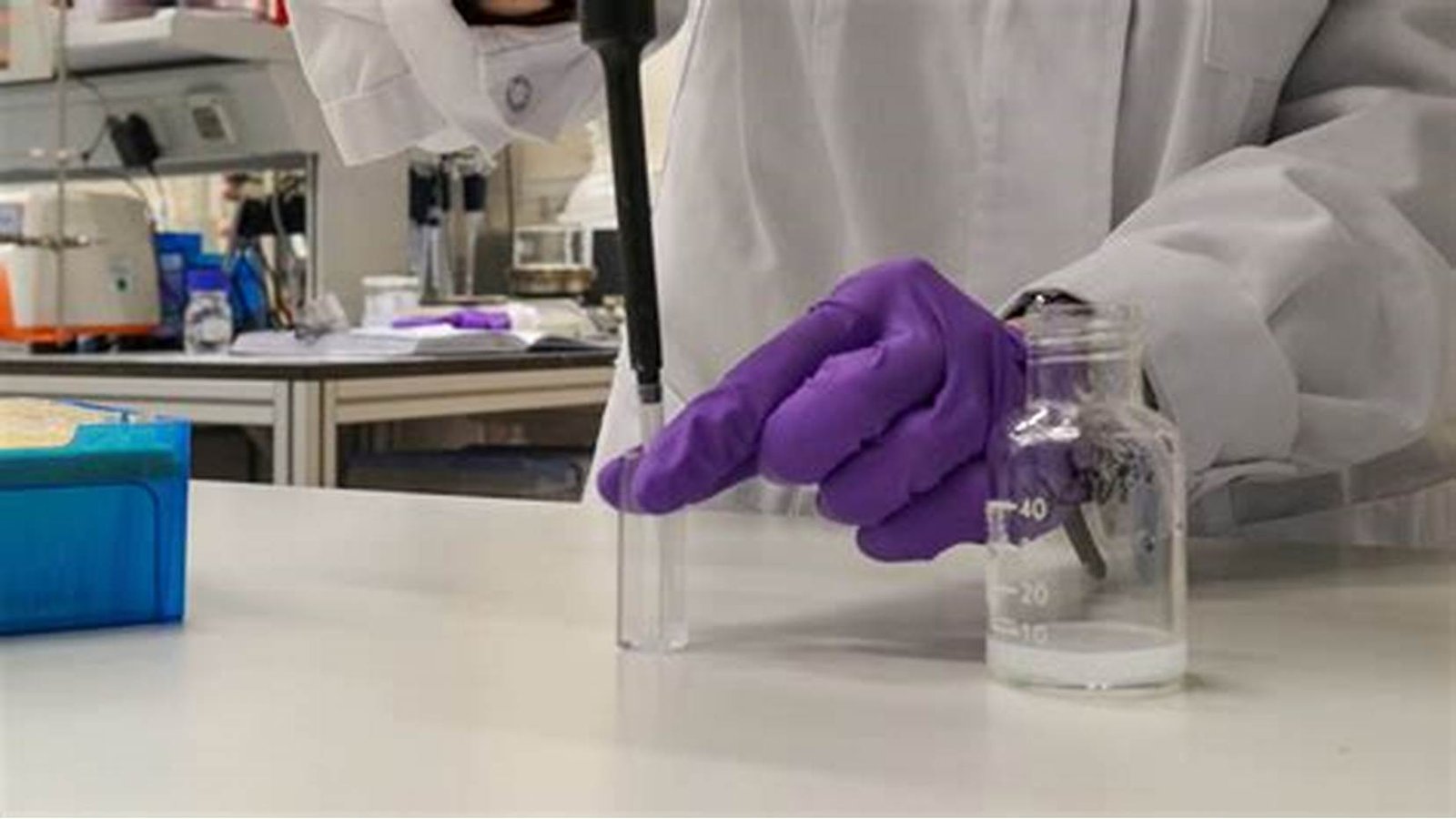
image credit- shutterstock
The School of Engineering, the University of Tokyo, Shimadzu Corporation and Shionogi & Co. have established the Laboratory of International Wastewater-based Epidemiology as Social Cooperation Programme at the Research Center for Water Environment Technology of the School of Engineering.
The programme is a collaboration between the University of Tokyo and the two companies in the field of wastewater-based epidemiology. The aim is to contribute to developing this academic field and improve public health by driving research and development and carrying out feasibility studies to achieve rapid implementation in society.
Wastewater-based epidemiology (wastewater surveillance) are a technique to monitor the prevalence of infectious diseases at a regional or facility level by testing for pathogens in wastewater. In Europe and the USA, regular analysis of novel coronavirus (SARS-CoV-2) in wastewater is used for the early detection of an epidemic and to decide when it is coming to an end. On the other hand, in Asian countries, including Japan, such initiatives have not yet been fully rolled out and there is scope for more research and studies on their further adoption in society.
The programme’s mission is to lay the technical foundations for wastewater-based epidemiology and to disseminate its findings to the world at large. In addition to wastewater-based epidemiological surveillance in wastewater treatment plants and at individual facilities, the project aims to establish technologies for monitoring cross-border flows of infectious diseases through pathogen detection surveys targeting airport wastewater and wastewater discharged from aircraft.
After the programme has established technologies for detecting pathogens in wastewater suitable for widespread adoption, Japan will propose international standards for wastewater-based epidemiological surveillance through proactive proposals and have them reflected in the global ISO (International Organization for Standardization) standards.




